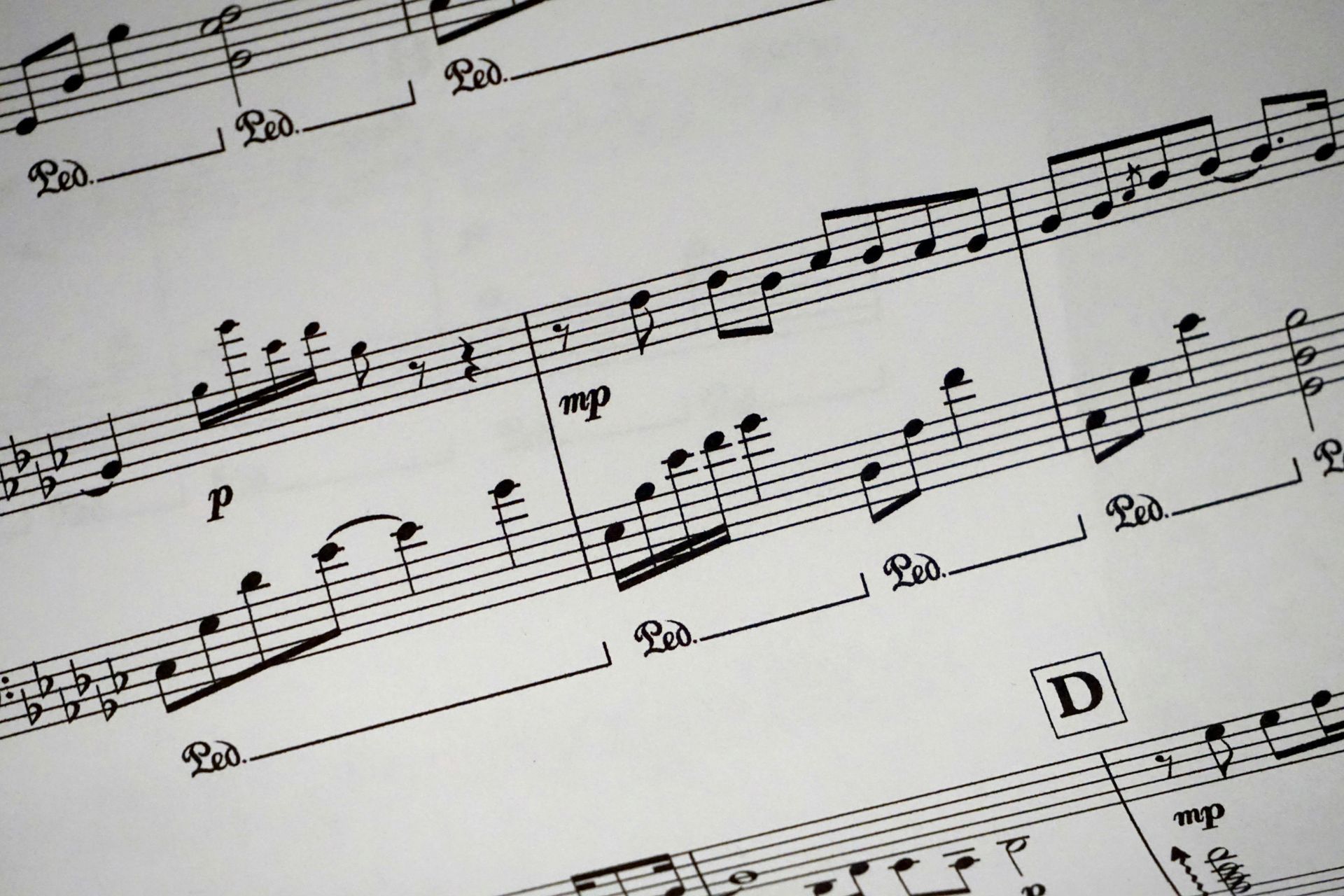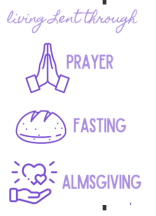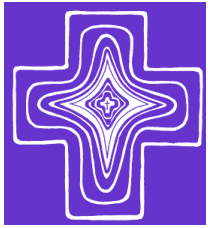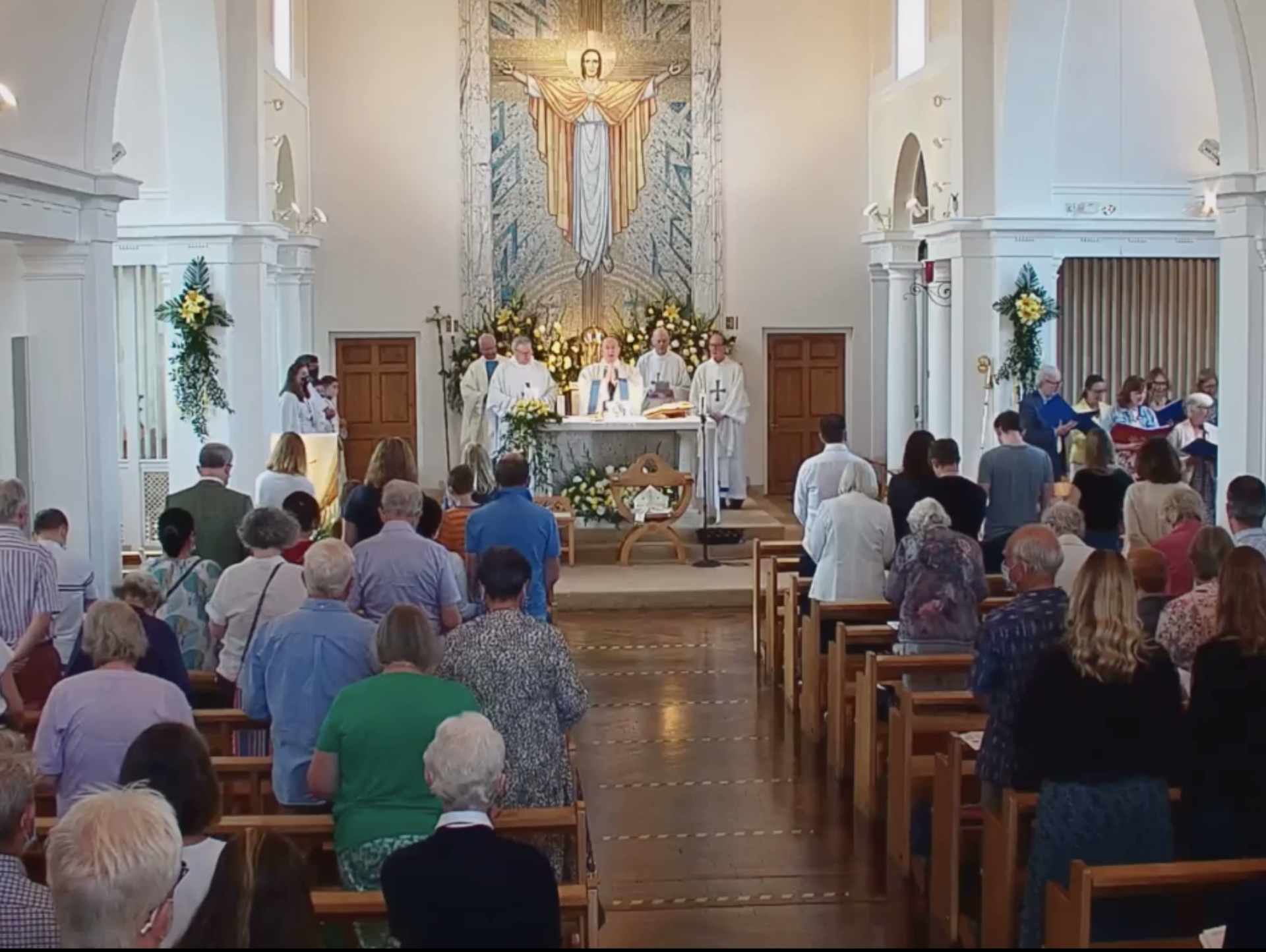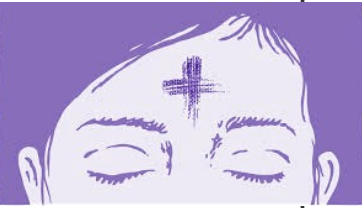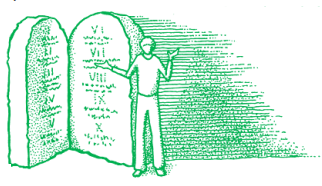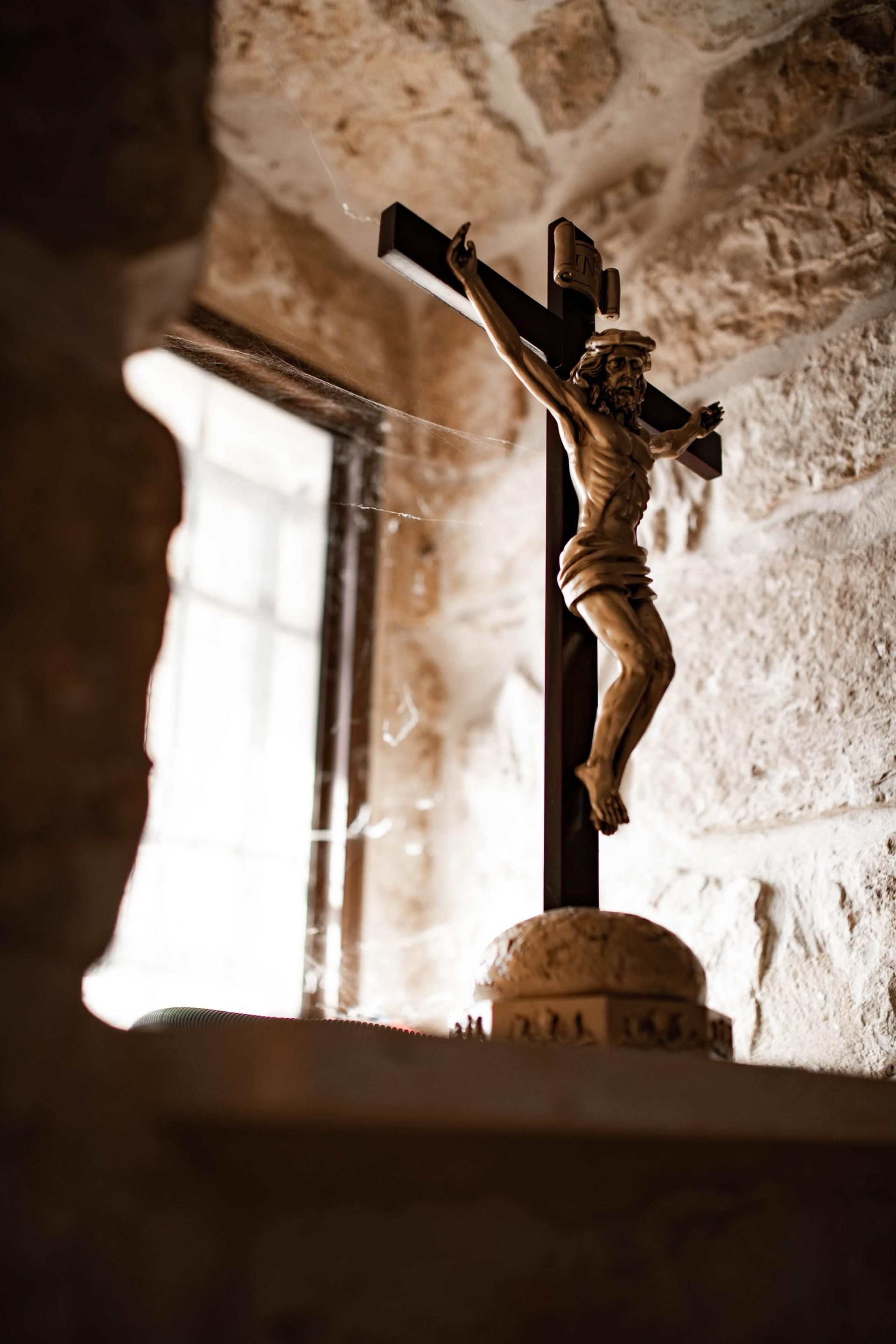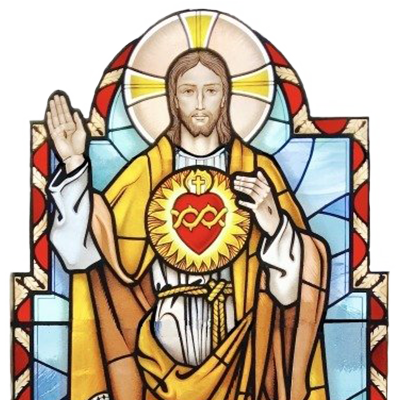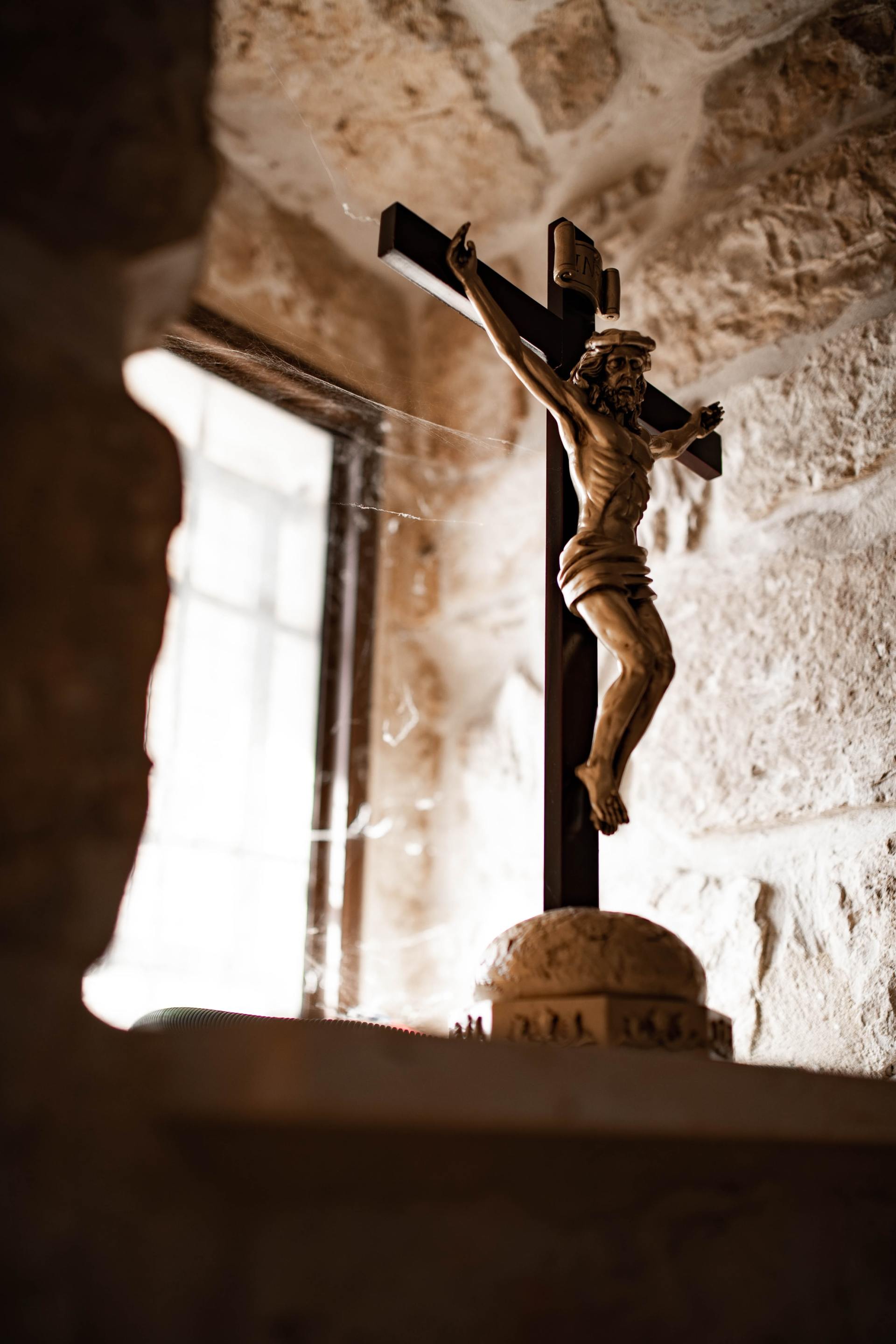Sunday 25th June 2022

The road Jesus takes to Jerusalem is signposted with encounters, events and stopping places. This serves to universalise the way of discipleship; it has nothing to do with map reading or chronology, and everything to do with following Jesus in our own time and place. To help us along the way, Luke describes three encounters with would-be disciples. We hear the request, we listen to Jesus’ response, but we learn nothing of the outcome of these meetings. It is as though, by this narrative silence, Jesus is saying to us: Listen to the answer your own life makes.
The first would-be disciple takes the initiative in approaching Jesus. He seems to be brashly confident, the enthusiast who needs to be tested for staying power, for readiness to be a powerless, homeless, and dispossessed disciple of a rejected Son of Man. Into Jesus’ reply the suggestion that in Roman-occupied Palestine everyone is at home except the true Israel. The “foxes” referred to are not just burrowing animals, but people like “that fox,” Herod Antipas (Lk 13:32), who have dug themselves into politically secure positions. The “birds of the sky” were an apocalyptic symbol for the “roosting” Gentiles, the Romans who had disinherited Israel and now lord it over them. If you want to follow me, says Jesus, be prepared to be a powerless and dispossessed follower of a rejected Son of Man.
In the second encounter, it is Jesus who takes the initiative in calling the person to follow. We probably have a sneaking sympathy for this one who seems to make a very human and religious request for Jesus: “Let me go first and bury may father.” But there is a cultural context to these words that persists even today in some Middle Eastern communities, and which throws a very different light on Jesus’ demand. Sons were sometimes and sometimes still are expected to remain close to their family home at least until their father has passed away. In Jesus’ invitation was the urgent and present call not to delay, not to put off the “today” demands of the reign of God. For all who answer the gospel call, there will be some contradiction of cultural expectations, some necessary reordering of priorities in our relationships. “Let the dead bury their dead” is Luke’s literary device of exaggeration to emphasise the priority of Jesus’ call. In no way does it deny the love for our parents that God explicitly commands.
The third would-be disciple wants to follow Jesus, but on condition that he is allowed to “first say farewell to my family at home.” This seems a reasonable request, especially in he light of our first readings that describes how Elijah gave Elisha permission to go and say goodbye. But the following of Jesus has to be unswerving; not even this detour is allowed. The mini-parable of the plough explains further what is also Luke’s literary device of exaggeration. The light Palestinian plough was guided with one hand, usually the left, while the ploughmen’s other hand carried a stick used to goad the oxen that pulled the plough. To make a furrow that was straight and of the right depth, to lift the plough over rocks that might shatter it, demanded great concentration and dexterity. To take one’s eyes off the plough for a moment could spell disaster. So it is with his disciples, says Jesus. The eyes of our heart must be fixed on the reign of God with unwavering commitment so the field of this world may be well ploughed and made ready for God’s harvesting.
